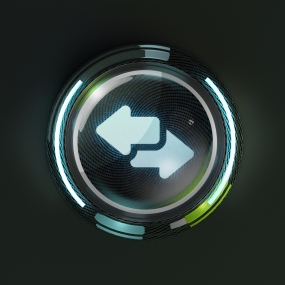Knowledge transfer-transfer knowledge. A history and current state of transfer between the humanities and life sciences
Introduction

© Foto: istockphoto 19053337
The most recent advances in modern life sciences and the associated expectations of politicians, funding agencies and the general public demands interdisciplinary consideration and interaction with humanities institutions.
In 2010, the DKFZ (German Cancer Research Centre)together with the Berlin Centre for Literary and Cultural Research (ZFL) initiated a project, funded by the Federal Ministry of Education and Research, entitled „Knowledge transfer-transfer knowledge. A history and current state of transfer between the humanities and life sciences“.
Project objectives
To consider questions arising in basic science and the answers reached in dialogue with the humanities. The target group includes natural science researchers wishing to avail themselves of the expertise afforded by the humanities disciplines in formulating and arriving at self-critical solutions to problems. Thus, the processes involved in acquiring knowledge in the natural sciences would be considered in synthesis with culturally oriented research in science and technology studies. (Pressemitteilung DKFZ: „Wie Wissen in die Welt gelangt).
In addition to the (cultural) scientific exploration of these themes, this internet platform itself may also be utilised as the basis for teaching events to further the scientific literacy of doctoral students and other DKFZ employees. Thus, a deeper understanding of both historical and current trends, as well as critical analysis of scientific discourse could be achieved. The participants gain insights especially in to the strategies and methods of knowledge management,knowledge communication and the many particular forms of knowledge acquisition.
Use of literary database
A large volume of literature has been assembled for this project, which we wish to document and make available on our website. Thus we hope to support all those interested in an individual exploration and to stimulate discussion. The literature entries have, as far as possible, been linked, so that in many cases the publications can be read directly where the necessary authorisation for public use, or that of your own institute, has been given.
Literary Archive
Feedback
We look forward to your feedback to Prof. Dr. Frank Rösl, E-Mail: f.roesl@dkfz.de
